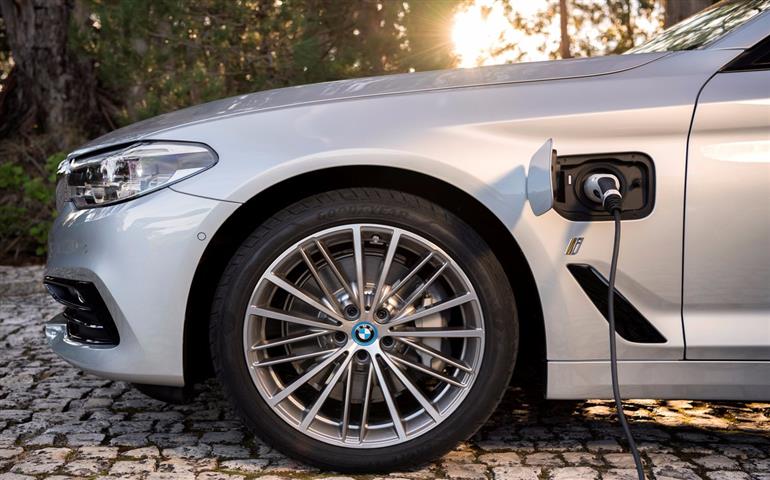BMW's solid-state Lidar offers a glimpse of the future of autonomous vehicles


BMW just announced it's going with a solid-state LiDAR system for the company's self-driving vehicles, which it plans to put into production by 2021.
The technology will be supplied by Israeli startup Innoviz Technologies in partnership with automotive supplier Magna. Innoviz, which only launched in 2016, has raced to market with its solid-state LiDAR sensors and accompanying computer vision technology.
Solid-state LiDAR is distinct from the mechanical spinning LiDAR that adorns many autonomous vehicles, including Waymo's cars. The spinning mechanism casts lasers in a circular pattern, giving self-guided systems 360 degrees of coverage.
But those mechanical systems are bulky and costly, two things carmakers abhor.
LiDAR has been something of an Achilles heel for developers of self-driving technology. One commonly cited figure is that the sensors have fallen in price by about 70 percent since the autonomous arms race began. But sensors still cost thousands of dollars, and many self-driving platforms require more than one.
Tesla is the rare exception, opting for a strategy built around radar and cameras alone. Recent fatalities have called that approach into question.
So-called solid-state LiDAR has been seen as one promising solution. Innoviz's sensor, which it calls InnovizOne, does rely on moving parts, albeit at a much smaller scale than the competition.
The sensor uses micro-electromechanical systems (MEMS) involving a fixed laser beam that's redirected in multiple directions via a tiny spinning mirror. The result is a compact, cost-effective system that offers equivalent coverage as larger spinning lasers.
Innoviz's sensor currently costs around 1000 USD, far less than spinning LiDAR systems from manufacturers like Velodyne, which can cost four times as much.
Innoviz competitor Quanergy has its own sub-1000 USD solid-state system. Sensing a gold rush moment, other competitors are close behind.
The BMW contract is one of the first in the automotive industry involving a solid-state system, potentially opening the floodgates for the technology and signaling a new phase of cheaper autonomous driving.
Innoviz's LiDAR will be integrated into BMW vehicles through supplier Magna's autonomous driving system.